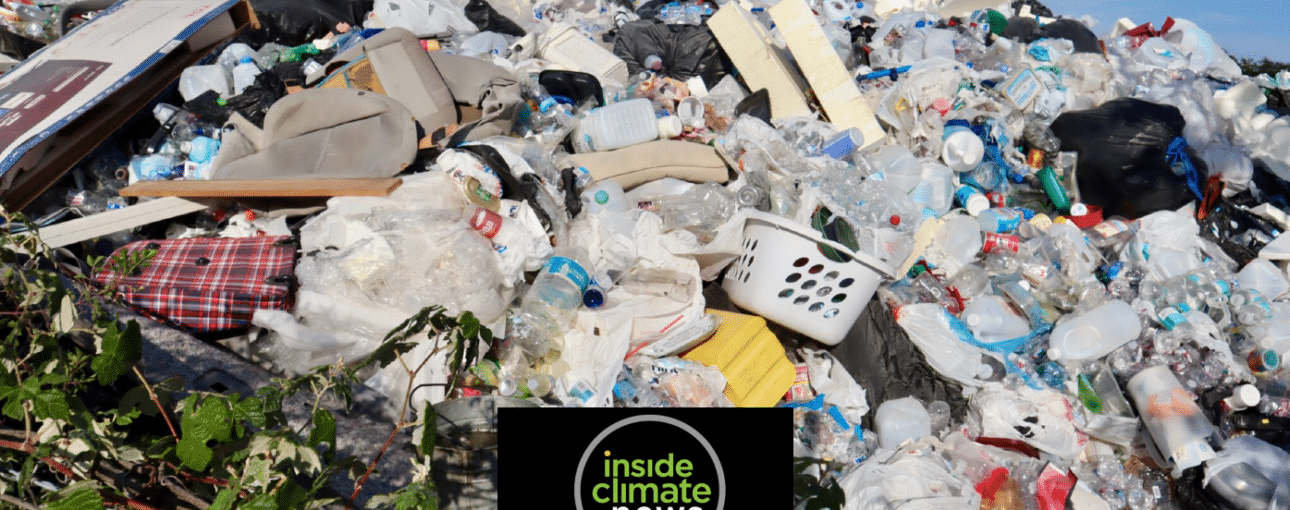Two years in, delegates from more than 175 countries working to craft a global plastics pollution treaty remain widely divided. Whether an agreement emerges from a final scheduled round of negotiations this month is anyone’s guess.
The current 70-page draft contains over 3,000 disputed words or sentences—an unworkable text with just a week of formal talks remaining.
As a workaround, Ecuador Ambassador Luis Vayas Valdivieso, who will chair the upcoming United Nations meeting to be held from Nov. 25 to Dec. 1 in Busan, South Korea, has developed a shorter, streamlined draft called a “non-paper” because of its unofficial status. It leaves key treaty provisions without suggested text. And there is no assurance that delegates will be able to reach the consensus needed to even agree to resume their talks in Busan based on that document instead of the more unwieldy one.
The progress in recent years is that plastics are now seen as the significant health and climate concern that they are and not just an annoying waste management problem, said Bjorn Beeler, executive director of the International Pollutants Elimination Network (IPEN), a global network of more than 600 nongovernmental organizations in 128 countries working to eliminate toxic pollutants.
But he said he’s worried that the current, though unofficial, draft sets the bar too low, and does not bode well for the outcome.
“When you get to the final negotiations, the energy and ambition do not move up” from there, he said. With so little time left, every hour of negotiation will be critical, said Beeler. By day three of the meeting, “we’ll find out if we’re really in a dangerous situation that there’s no clarity of where we’re going.”
The public, he said, will need to watch carefully for narratives that emerge from the Busan meeting. If the result is a weak treaty, participating governments might still describe it as a major environmental win.
An agreement that “basically puts a Band-Aid across a cancerous tumor” with declarations that “now you’re healed: That’s the worst situation,” he said.
Read the full story on Inside Climate News.
